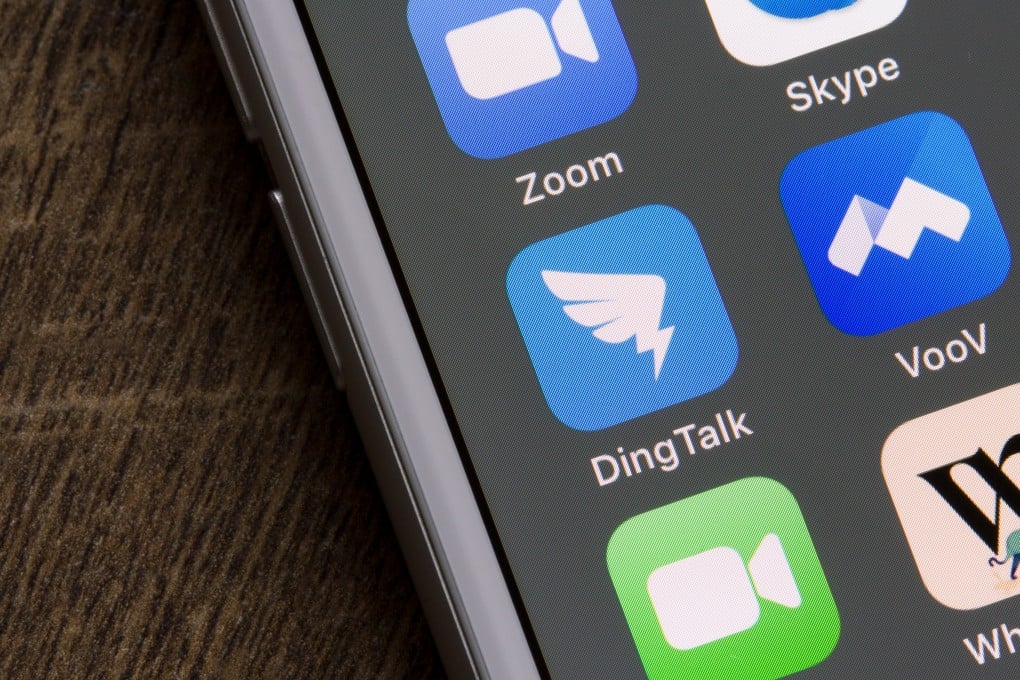DingTalk is China's answer to Slack -- and the stuff of office nightmares
Alibaba’s office tool has been called a weapon of micromanagement, but China’s work culture plays into its unpopularity

“From its first day, DingTalk has been an iron thorn whip. It turns employees into instruments, it’s a tool of enslavement.”
But just as Slack has been criticized for allowing work to invade all hours of your day, DingTalk’s position in China has made it something of a lightning rod for frustration over how these tools have been used both for work and education. But is DingTalk a product of China’s relentless work culture, or is it an enabler?
(Abacus is a unit of the South China Morning Post, which is owned by Alibaba.)
Usage only started to surge this year because of the Covid-19 pandemic, when millions of people across China started working from home during the country’s months-long shutdown. DingTalk quickly became part of daily life for many white-collar workers, who often found themselves hunched over their kitchen tables trying to avoid distractions from family, flatmates and pets.